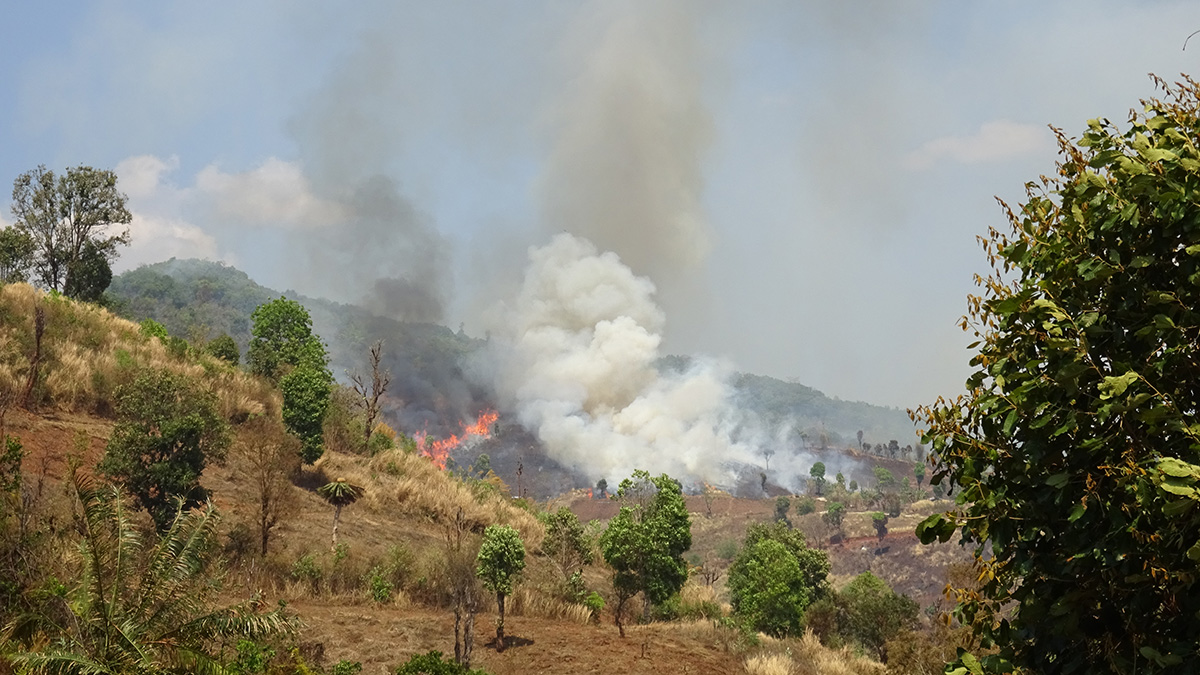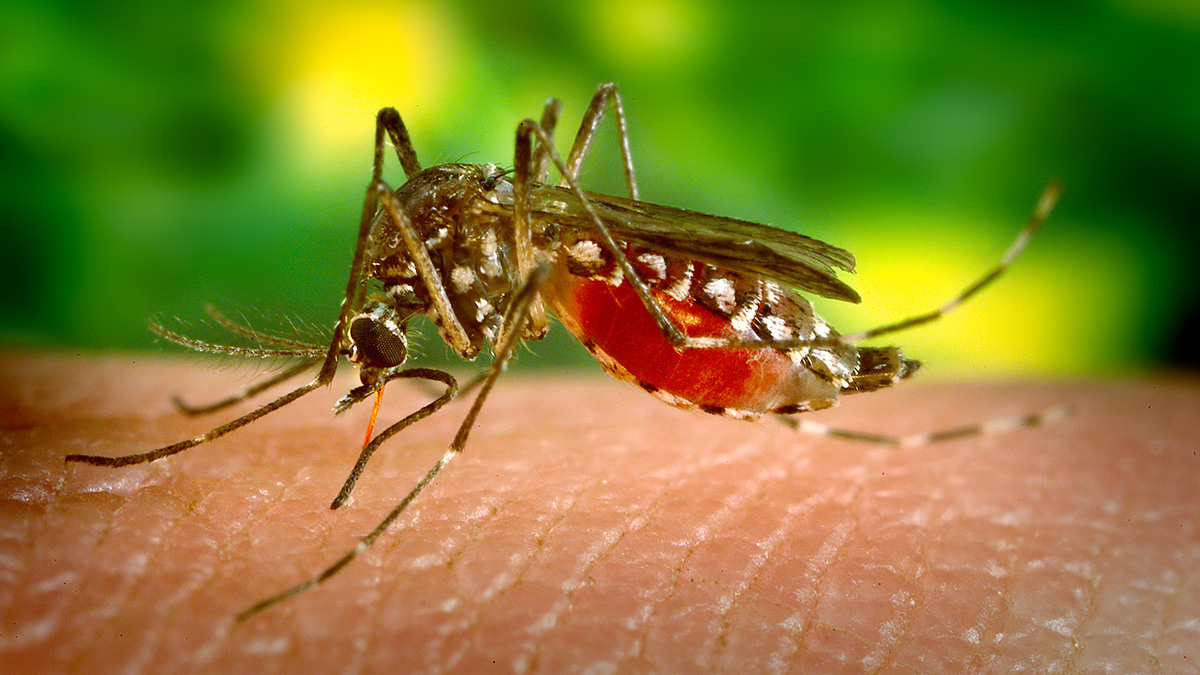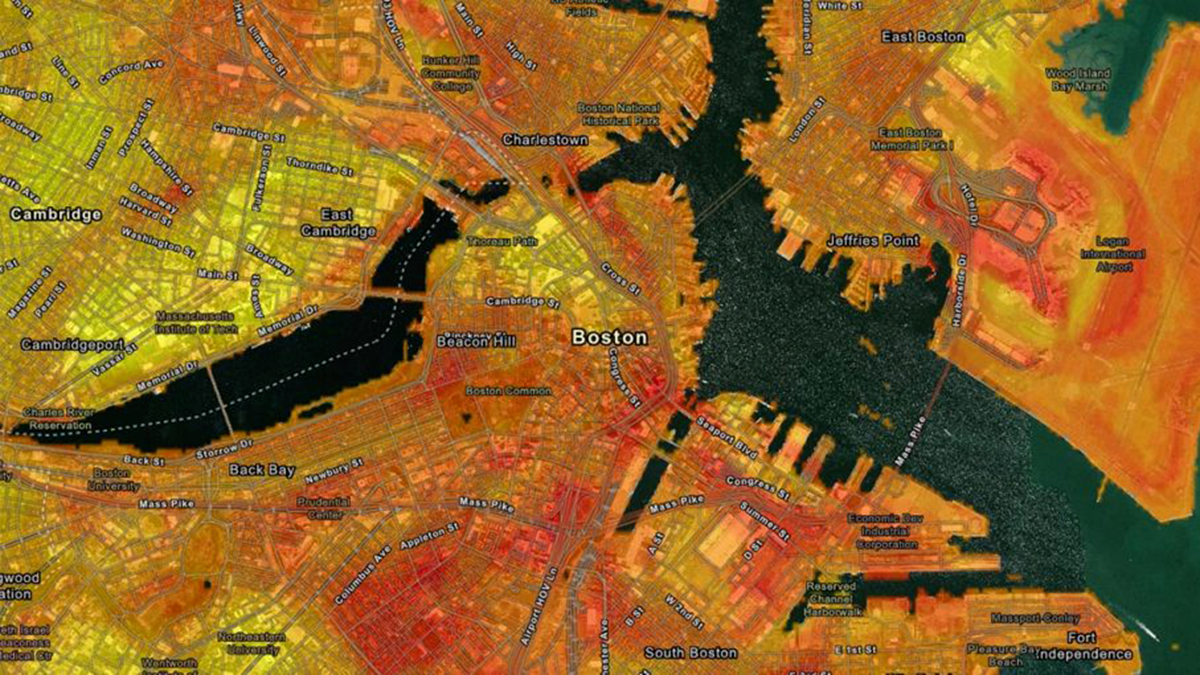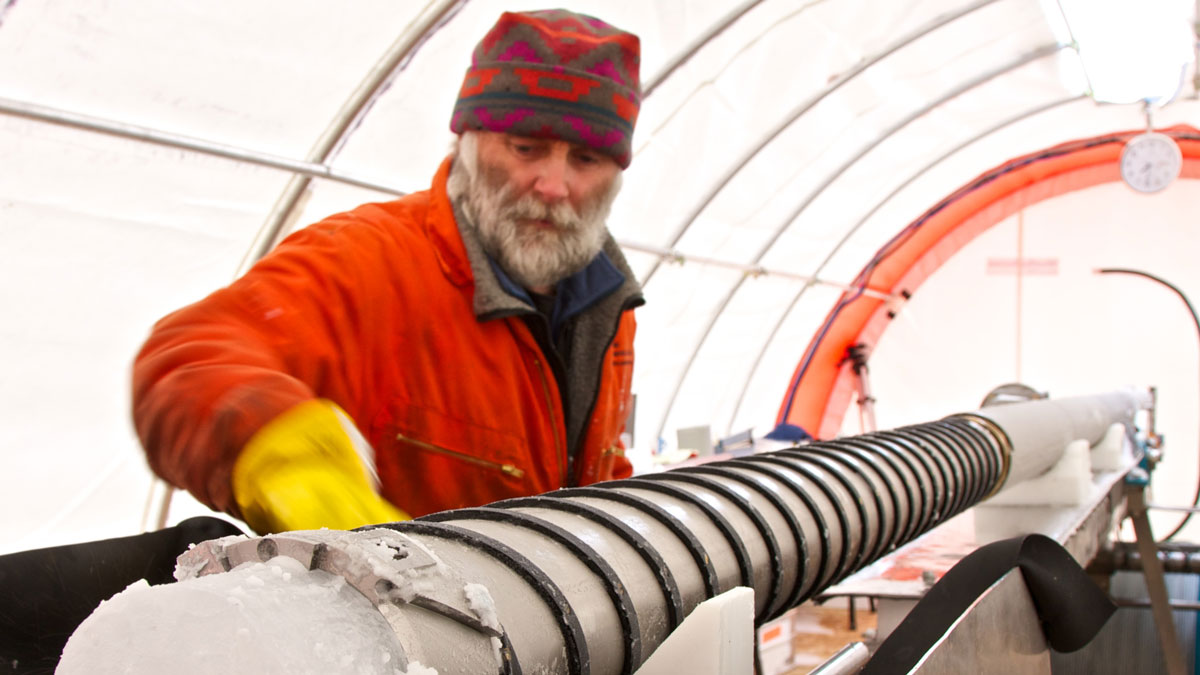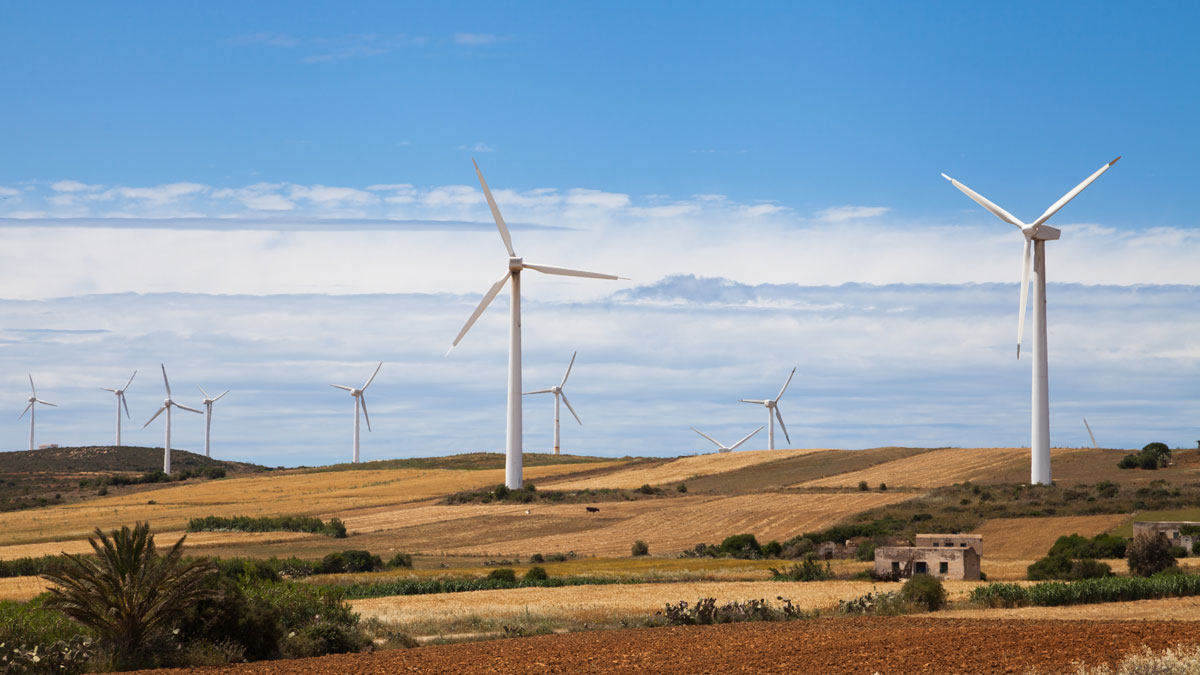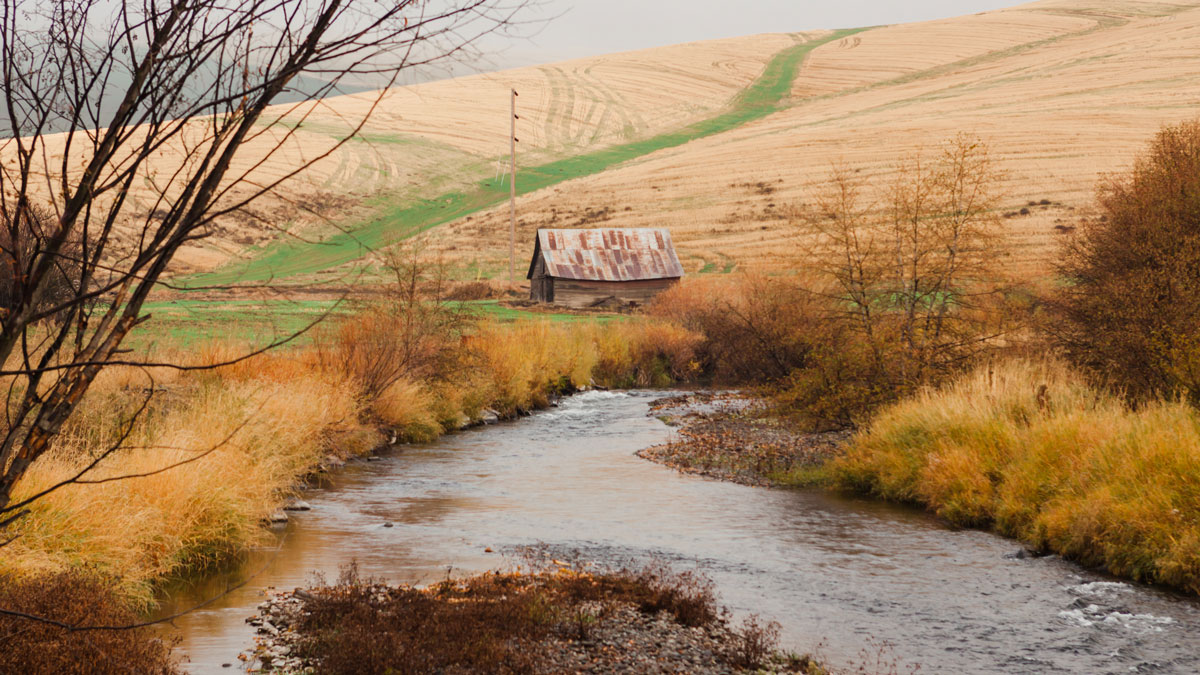Laboratory experiments re-create the thin, icy pedestals that support some rocks in nature, revealing that sublimation plays a key role in the formation of these rare and beautiful structures.
ENGAGE
App Tracks Harmful Mosquitos with Help from Crowdsourced Science
While collecting data using an app, volunteers have the chance to support research and fight mosquito populations on the ground.
Neighborhoods Are Feeling the Heat of Climate Change
It’s no secret there are disparities in exposure to climate change’s effects. A new study zeroes in on the demographics of neighborhoods subjected to the hottest temperatures.
Could AI Be Useful for Arctic Communities Facing Sea Ice Loss?
The forecasting tool IceNet promises to be a useful tool for evaluating sea ice loss in the Arctic. But ethical and logistic considerations have to be taken before scientific and Indigenous communities start working together.
An Eye in the Sky Tracks Air Pollution Inequality in U.S. Cities
A new study uses its data to show that diesel traffic is the largest source of pollution inequality across racial and economic divides
Māori Arrival in New Zealand Revealed in Antarctic Ice Cores
A new study shows smoke from fires set by the first inhabitants of Aotearoa from around 1300 left a mark in the ice 6,000 kilometers away, on an island off the Antarctic Peninsula.
Air Pollution Killed a Million People in Africa in 2019
Experts say nature-based mitigation strategies and investment in renewables could reduce both indoor and outdoor air pollution and stimulate sustainable and safe growth.
Scientists Call for Policies to Buffer Agricultural Runoff
By reviewing 44 studies, researchers make a scientific case for regulating agricultural pollution of streams and rivers by implementing conservation practices, including riparian buffer zones.
Leaky Pipes Are Dosing Baltimore’s Waterways with Drugs
Poor infrastructure is responsible for tens of thousands of pharmaceutical doses that flow through Baltimore’s streams each year.


